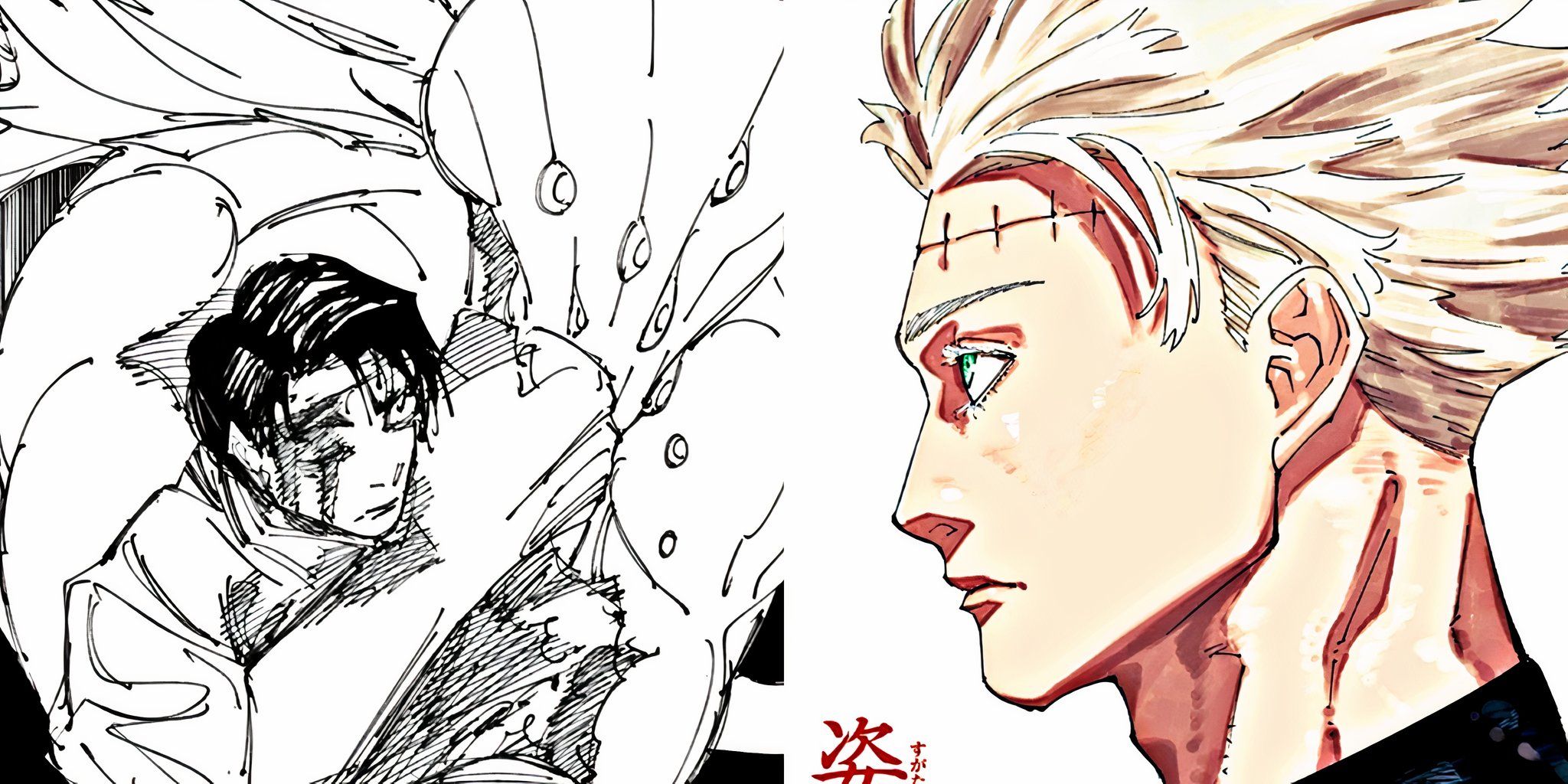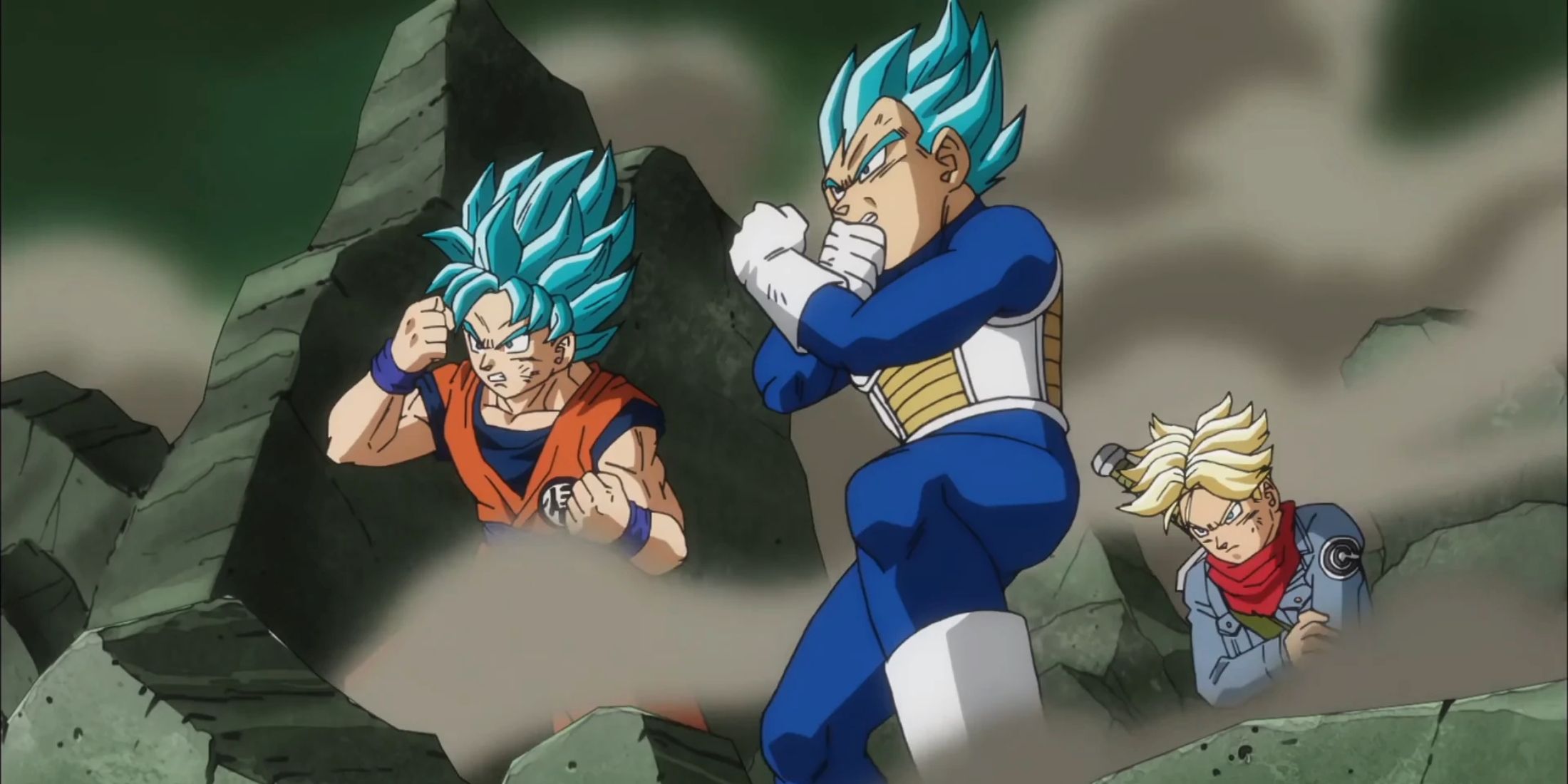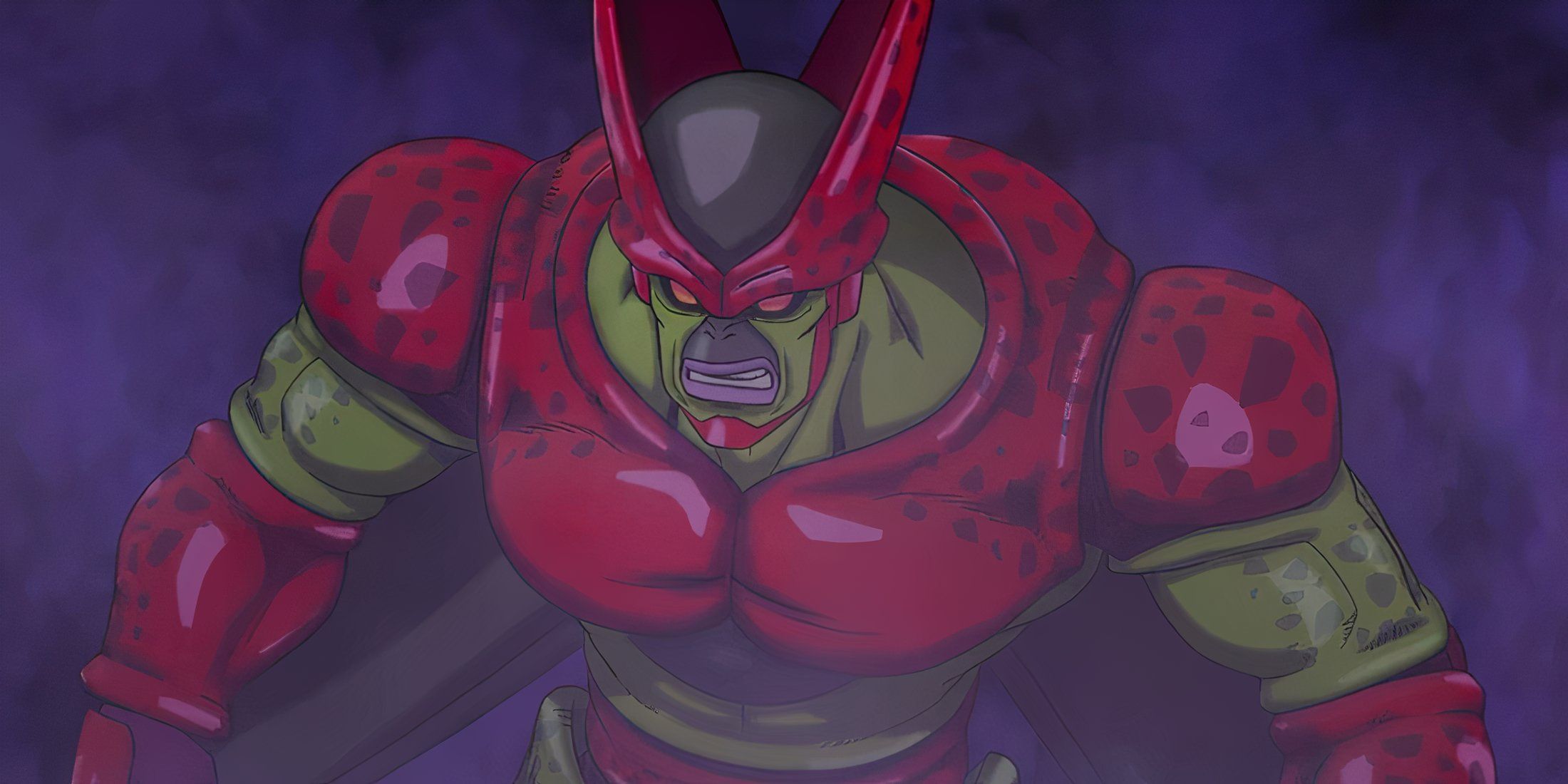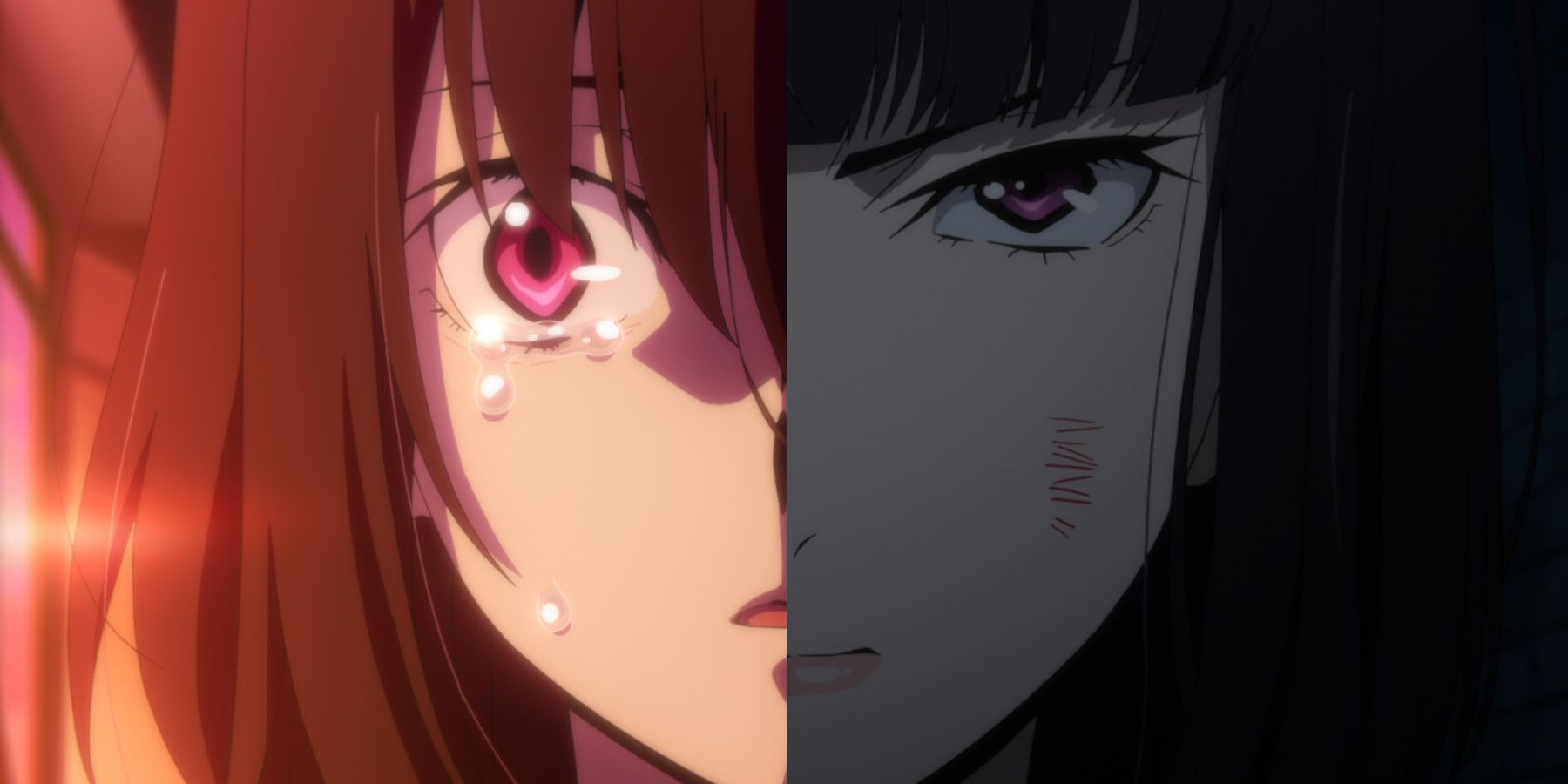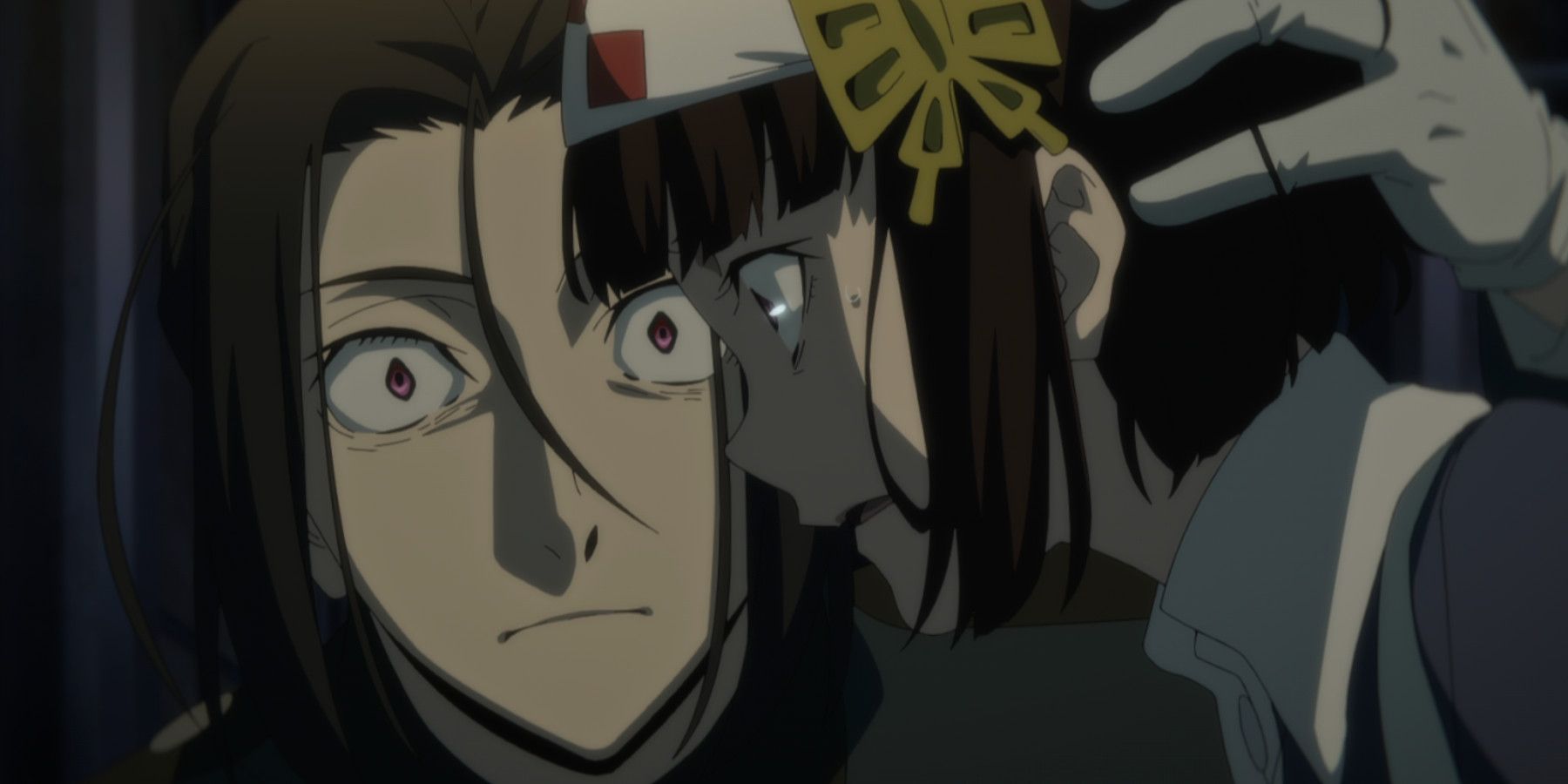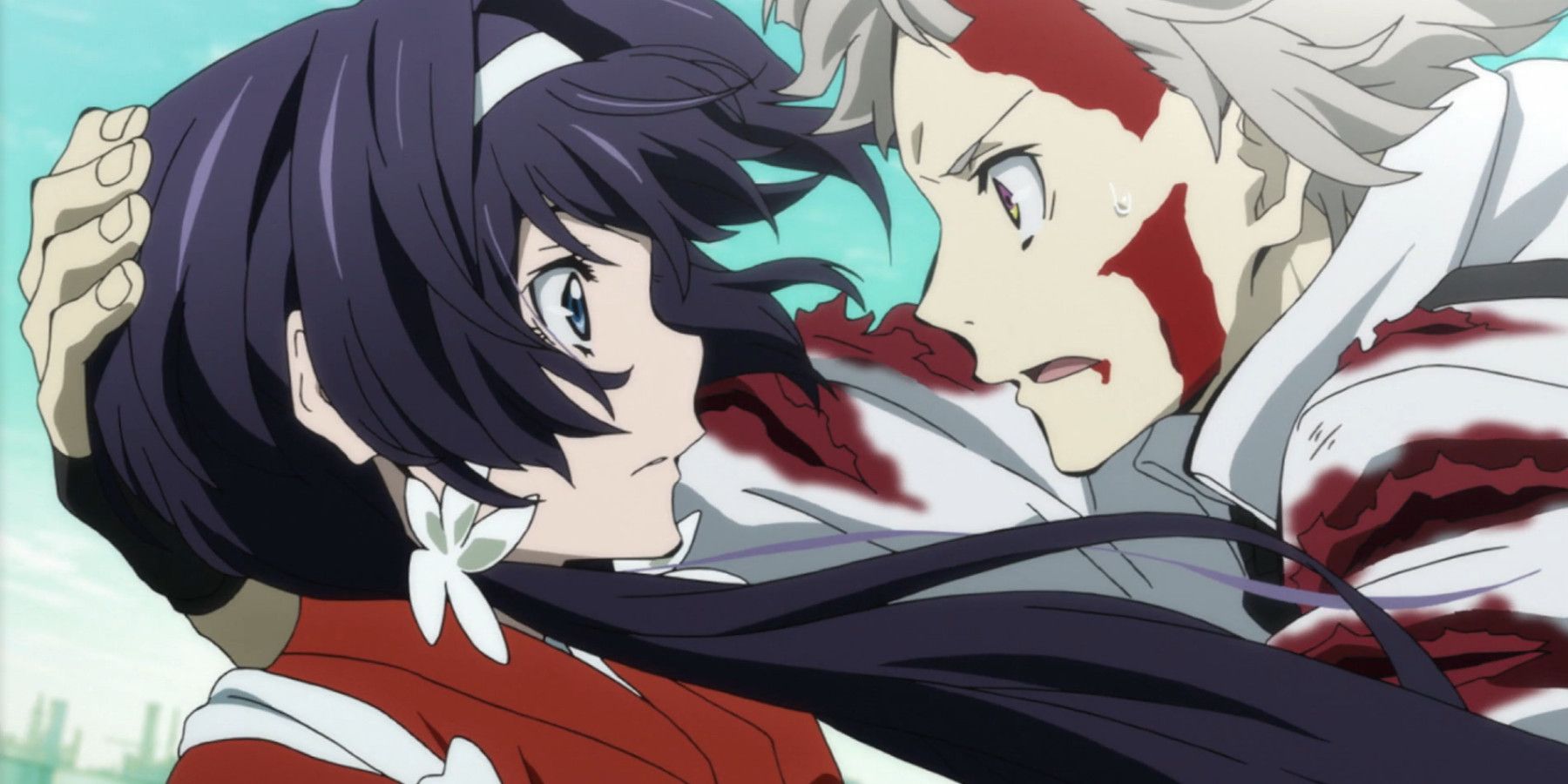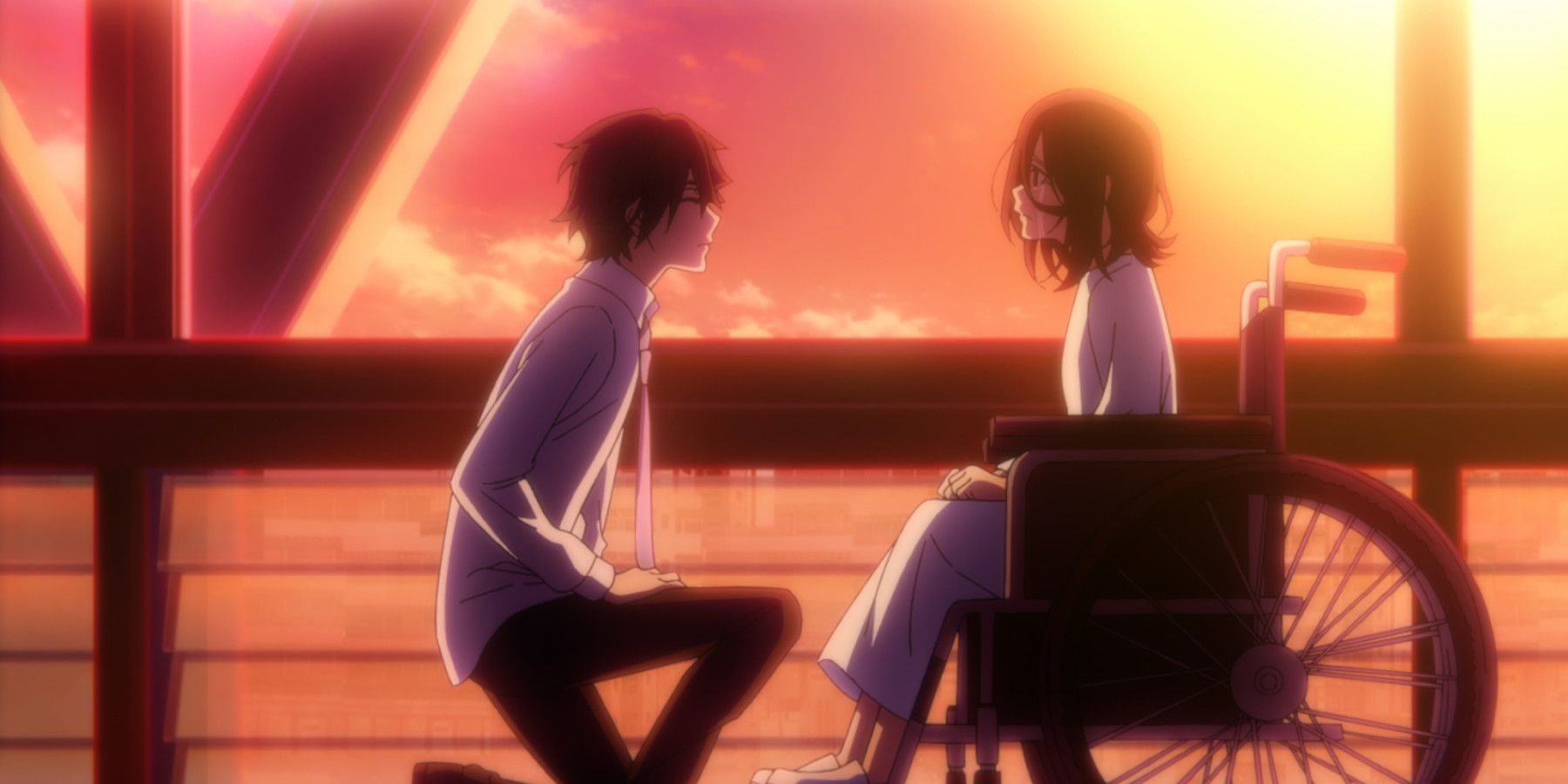Out of all the violence and shocking twists this season alone, episode 46 of Bungo Stray Dogs, “A Dream of Butterflies,” might just hit harder than the rest of them, and it’s all because of Akiko Yosano. This single episode has peeled back layer upon layer to reveal profound pain and kindness in equal measure, and it has confirmed without a shadow of a doubt the message this series has been telling since the beginning.
Last week’s episode was dominated by the chess game between the chief antagonists of the series, all trying to outsmart each other while the Agency was at its lowest, but Yosano, in particular, was crucial. While there have been hints in the past, this week brought the first explicit confirmation of a complicated past between Yosano and Mori, and that he wants her in his service, no matter how much it will hurt her.
Thou Shalt Not Die
The history of the real-life Akiko Yosano is a fascinating one. Her most famous work, Thou Shalt Not Die, was a poem addressed to her younger brother fighting in the Russo-Japanese war, which decried the war as foolish. It was an extremely controversial piece that attacked the notions of Bushido that led men to die in the name of the Emperor and asked why he deserved their sacrifice.
Everything about Yosano’s portrayal is brilliant, right down to her being 11 years old in the flashback, the same age the real-life Yosano began running the family business, a confectionary shop. She even references working at a bakery before Mori conscripted her. This new episode reveals Yosano’s time during the Great War and how Mori used her ability to bring soldiers back from the brink of death.
Despite being set in modern times, the series creates a justification for electronic devices to be ineffective, effectively bringing the war into the past. What follows is a replication of 20th-century pre-modern warfare. It may as well have been set in 1904 when the poem was written it felt so authentic. This bridges the gap between the character and their author counterpart more than any previous character.
The idea of Yosano having the ability to save the lives of soldiers is a beautiful one considering the original poem’s purpose. However, this episode takes a darker turn, positing that to heal is to prepare one to put themselves in danger again. The nature of battle necessitates retreat upon the sustaining of loss, yet Yosano is forced - at the insistence of a manipulator - to make them die again and again.
It is a traumatic event that leads Yosano to reject her gift, give into despair, and believe that she truly is an angel of death. And yet, she is brought into the agency not because of her power, but the way she wished to use it. To Ranpo and Fukuzawa, Yosano’s kindness was worth breaking the Tripartite Framework to protect. And in just 23 minutes of television, Yosano’s story puts the stories of the other characters into perspective.
The Right To Live
In Season 1, Atsushi grapples with his traumatic upbringing in the orphanage, how the headmasters told him he was a blight on the world, and the tiger powers that he saw as a curse. Every early conflict convinced him that he would bring pain wherever he went. But then, in episode 8, the Port Mafia plants a bomb on a train and Atsushi comes face-to-face with Kyouka, an emotionless girl wearing a bomb vest.
By this point, Atsushi has little control over his power and is severely outmatched, but in the face of certain death, he decides to stand up and fight before he even knows how to activate his power. It’s seemingly triggered automatically as if responding to his resolve, and it’s all because he realizes something. It’s small, but it speaks volumes about his character:
“If I could save them - the passengers here… If I could get them back safe and sound to their homes… wouldn’t that mean… Wouldn’t that mean it’s okay for me to live?”
His right to live should have been self-evident, but his trauma runs deep. The torment of the orphanage and the bounty on his head exacerbate the fear within him that he doesn’t deserve to keep going. Why should he, when he’ll only endanger good people around him by simply existing? Kyouka is much the same as him. She also had no control over her power. It was controlled for her through the voice on her cell phone.
She killed 35 people at the behest of her superiors, labeling her a criminal. She thought little of herself. Even defeated, she’s expected to blow herself up to send a message. Her first real choice in the story was to throw herself off the train, not wanting to kill anymore. It’s also the first time that she expresses emotion. And at that moment, Atsushi consciously harnessed the Tiger’s power for the first time.
Atsushi would spend all of Season 2 trying to save Kyouka from her own self-hatred in hopes that she would become a full member of the Agency. He wanted her to find self-acceptance the same way he did. Atsushi certainly didn’t do it alone, with help from Dazai and Kunikida, but ultimately it was Kyouka who saved Kyouka, just as Atsushi saved Atsushi.
“We Don’t Want Your Special Ability”
It’s fitting that the eighth episode of the series, where Atsushi and Kyouka met, was also notable as the episode where Yosano revealed her power. It’s almost too perfect, as she represents where both of those characters have been heading since that moment. Yosano has faced the same demons they have, and come out on the other side stronger than ever.
The “Stray Dogs” in the title isn’t merely a reference to the Dark Era arc that defined Dazai. It refers to almost every character and especially the members of the Armed Detective Agency. Often, they are victims of abuse, abandonment, or other such injustices, but through the kindness offered to them, they find the strength to accept a truth that is very difficult to acknowledge at times: I deserve to live.
What is crucial in this story is that the characters’ powers are never what was important in their own self-actualization. Ranpo says as much to Yosano: the agency doesn’t want her ability, but the kindness that gives it purpose. That kind of kindness is wasted on the Port Mafia because Mori only sees power, not a person and in his eyes, “war is a game in which the first to take humanity into account loses.”
Season 4 gets more exciting with each passing week, but this episode, in particular, has a gravity about it that makes one rethink everything up to this point. Yosano’s story and the very name of her ability itself, “Thou Shalt Not Die,” might just be the thesis of Bungo Stray Dogs. It’s an engrossing and occasionally grim thesis, but one with a strong message.
